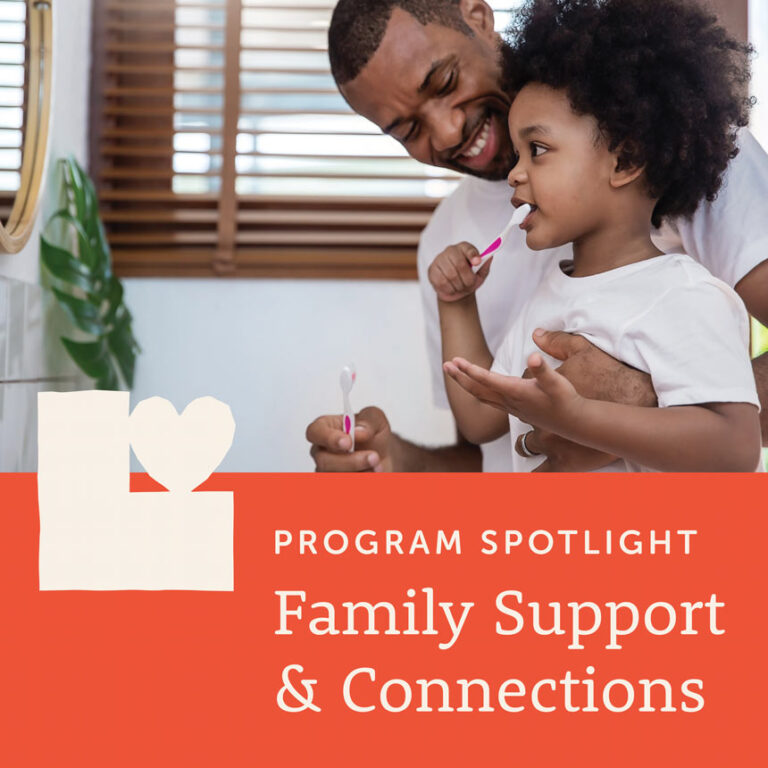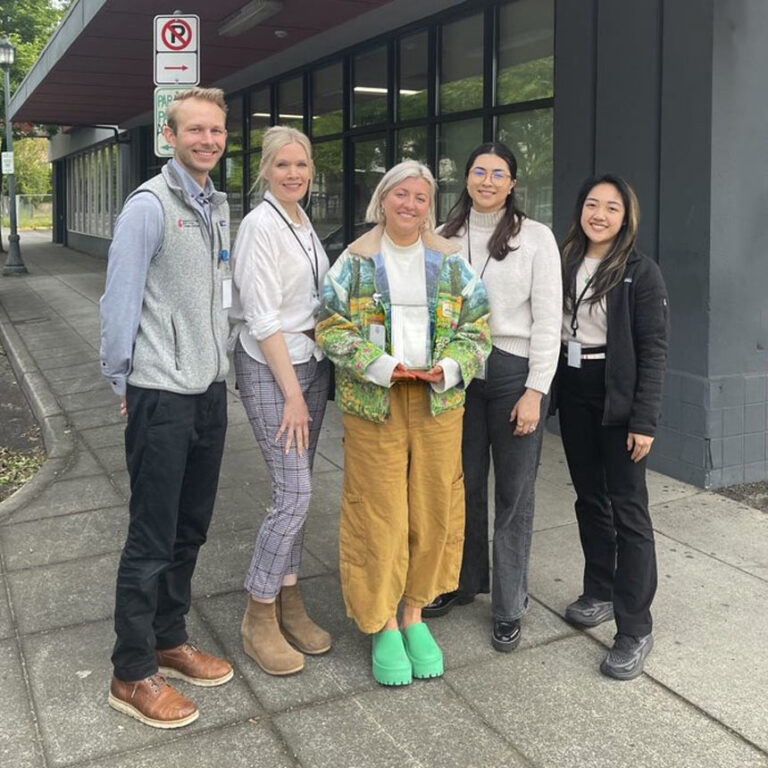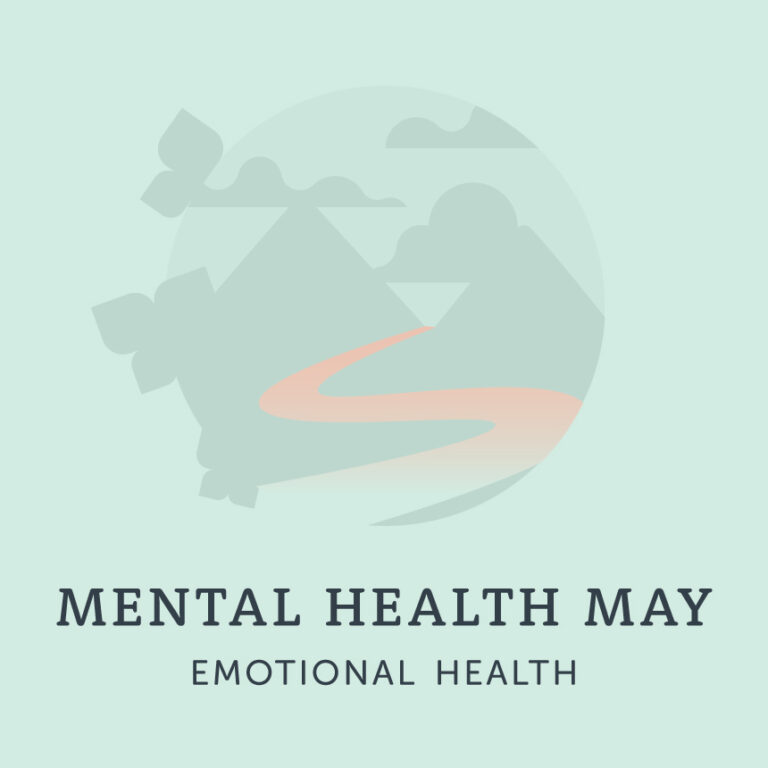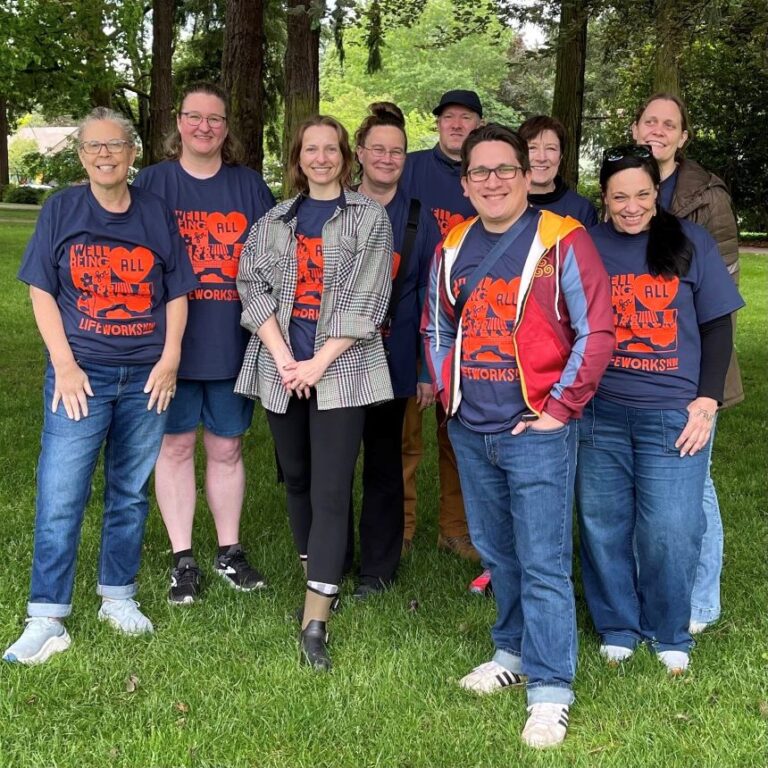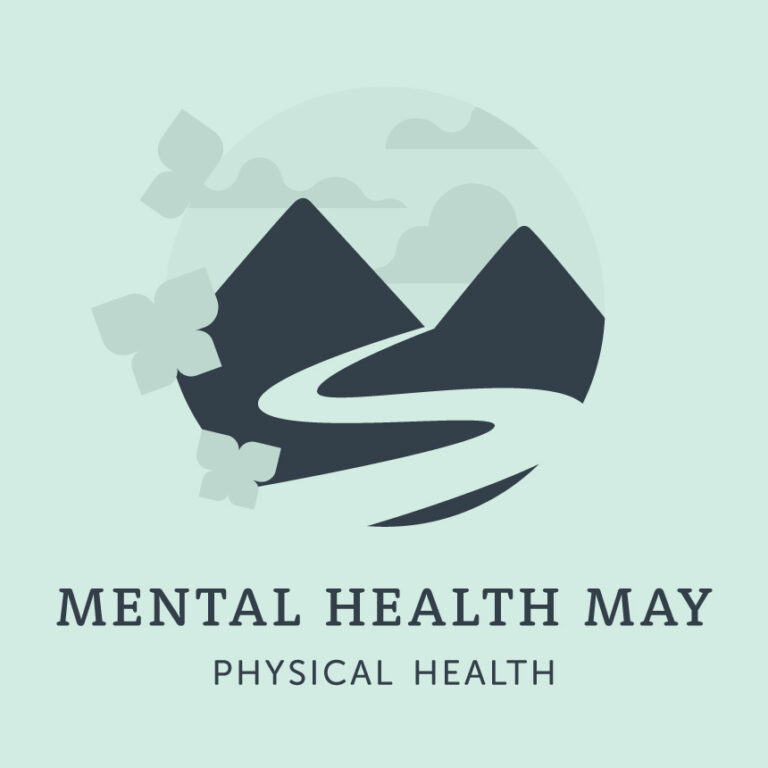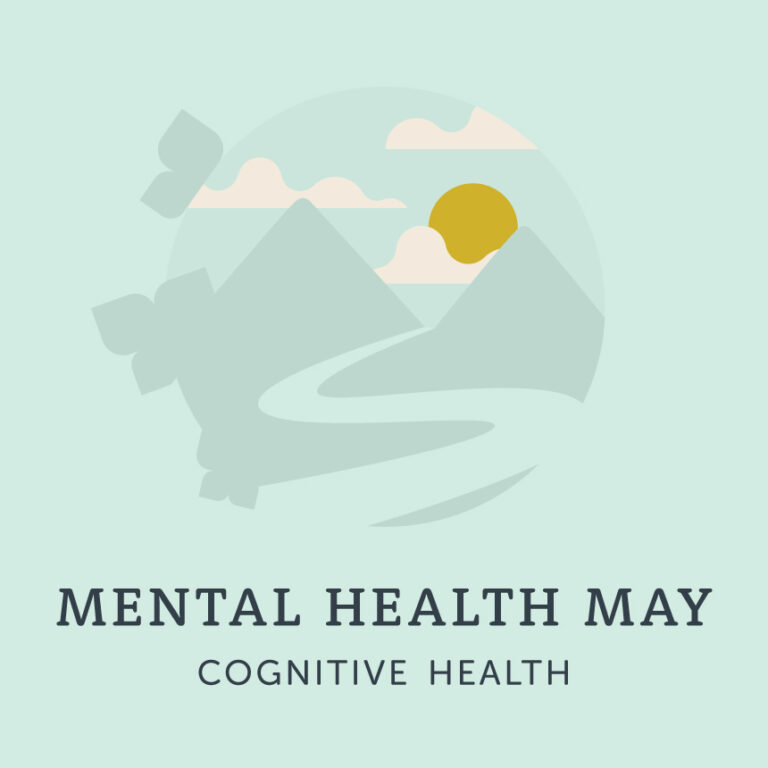
Every April, the US Department of Health and Human Services Office of Minority Health observes National Minority Health Month. While many consider the term “minority” to be outdated, demeaning and inaccurate (non-white people are, after all, the majority of the world’s population), and many alternative terms have been proposed, the month does raise awareness of an urgent issue in American society.
Doctors and researchers have long been aware of health disparities in marginalized communities – and mental healthcare is no exception. Research from the Substance Abuse and Mental Health Administration shows that while 48% of white people have received mental health services, the number is only 31% for Black and Latinx communities and drops even lower to 22% for Asian communities.
The American Psychiatric Association notes that depression in Black and Latinx communities tends to be more persistent than in other racial and ethnic groups, and that people who identify as biracial or multiracial report the highest incidence of mental illness overall in the US. Native Americans in particular experience the highest rates of PTSD and alcohol dependence. When compared to white youth, BIPOC youth presenting with mental health symptoms are more likely to be disciplined and routed into the criminal justice system, rather than referred for appropriate care.
The reasons for these differences are complicated – while it’s easy to point to a stigma in some cultures toward seeking help for mental illness, that explanation places the blame on groups that are often victims of prejudice and discrimination, and it ignores the larger systemic factors at play.
The minority stress model is an approach taken in social research and public health that suggests members of oppressed groups (racial and ethnic minorities, people with disabilities, LGBTQ people, etc.) experience more negative health outcomes than communities that do not face prejudice and discrimination. Research has demonstrated a connection between experiences of discrimination and lower psychological wellness in the LGBTQ population and Black Americans, and studies into this issue in Latinx, Asian, and Native American communities are ongoing. Minority stress can also take a toll on the body, causing increased rates of hypertension and heart conditions.
Not only does living under constant stress have profound negative mental and physical health impacts, but this discrimination can also extend to medical settings. Across the board, marginalized communities tend to lack access to high-quality care. According to the APA, this is due to language differences between patients and health providers, a lack of culturally competent and culturally diverse providers, and an understandable distrust in the healthcare system by many marginalized people. The most vulnerable are often underinsured or lack insurance completely, adding another barrier to accessing care.
At LifeWorks NW, we understand the need for culturally competent care and the unique stresses that people of color, LGBTQ+ people, people with disabilities, and other marginalized populations face. While no organization can claim to be perfect, we are committed both to offering opportunities for staff from all walks of life and to providing the highest quality care possible to all who walk through our doors. We continue to do this work through initiatives such as our annual Equity and Inclusion Improvement Work Plan, ongoing reviews of our agency policies and procedures, required cultural competency training, mentorship and leadership programs, and employee resource groups that allow our staff to bring their concerns to leadership.
National Minority Health Month should serve as a reminder to us all that there is still much work to do in making healthcare truly accessible and equitable. But as we look back at the history of psychology and medicine – fields that have often found themselves on the wrong side of struggles for social justice – we can also appreciate just how much progress we have made.




